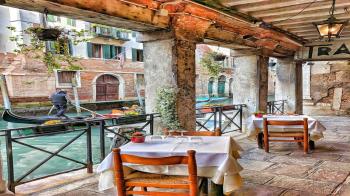To put your mind at ease, most wet markets in China are meticulously cleaned every day before opening; vendors will be happy if asked politely for their expertise. Trust me when I say that nothing beats sniffing out the freshest ingredients from local farmers – no online order can match this experience. Don’t let fear of being overwhelmed by sounds and smells scare you off, take a chance to discover new worlds full of flavors waiting.
Just remember: follow your nose (or should we call it "tasting buds"), as they will lead towards something incredible - or at least some delicious fermented tofu for foodies like myself. We also spread joy about these places because who doesn’t love trying out different foods?
In addition to being an opportunity, this is a chance for people such as expats and local citizens alike to appreciate the importance of supporting our farmers – after all we are contributing directly (or indirectly) into improving our food system.
One way you can ensure buying genuine products from trusted vendors like these markets at home would be checking certifications such HACCP or similar labels that verify safety standards, even for something as simple and delicious as trying fermented tofu.
The first thing to remember if your an expat is the market isn’t a battlefield; it’s more of what you can call “a conversation.” The stallholders often may seem gruff on their surface but they are usually just shy from charm - smile back with broken Mandarin phrases which turns transactions into stories, while some gift sprigs cilantro for winks and mystery meat (which spoiler is probably chicken) as a free bonus.
But let’s not pretend it's all rose petals and dumplings – the market has its challenges: aisles are labyrinthine of stalls vying each other with neon signs - there may be haggling, dodging carts live crabs or even an occasional rogue loose chickens yet that is where magic happens.
Once you've mastered reading locals body language like knowing when to back away from a suspiciously twitching fish – the way forward will start feeling more and akin towards seasoned adventurer following your nose if it waffles bean curd - sometimes most delectable things may be hidden behind mildew or mystery asking local recommendations is best.
Supermarket convenience lacks soul of wet markets; sure you can find rows perfectly arranged apples but where's thri
Categories:
Market, Markets, Chinese, Local, Food, Vendor, First,

Rate and Comment



